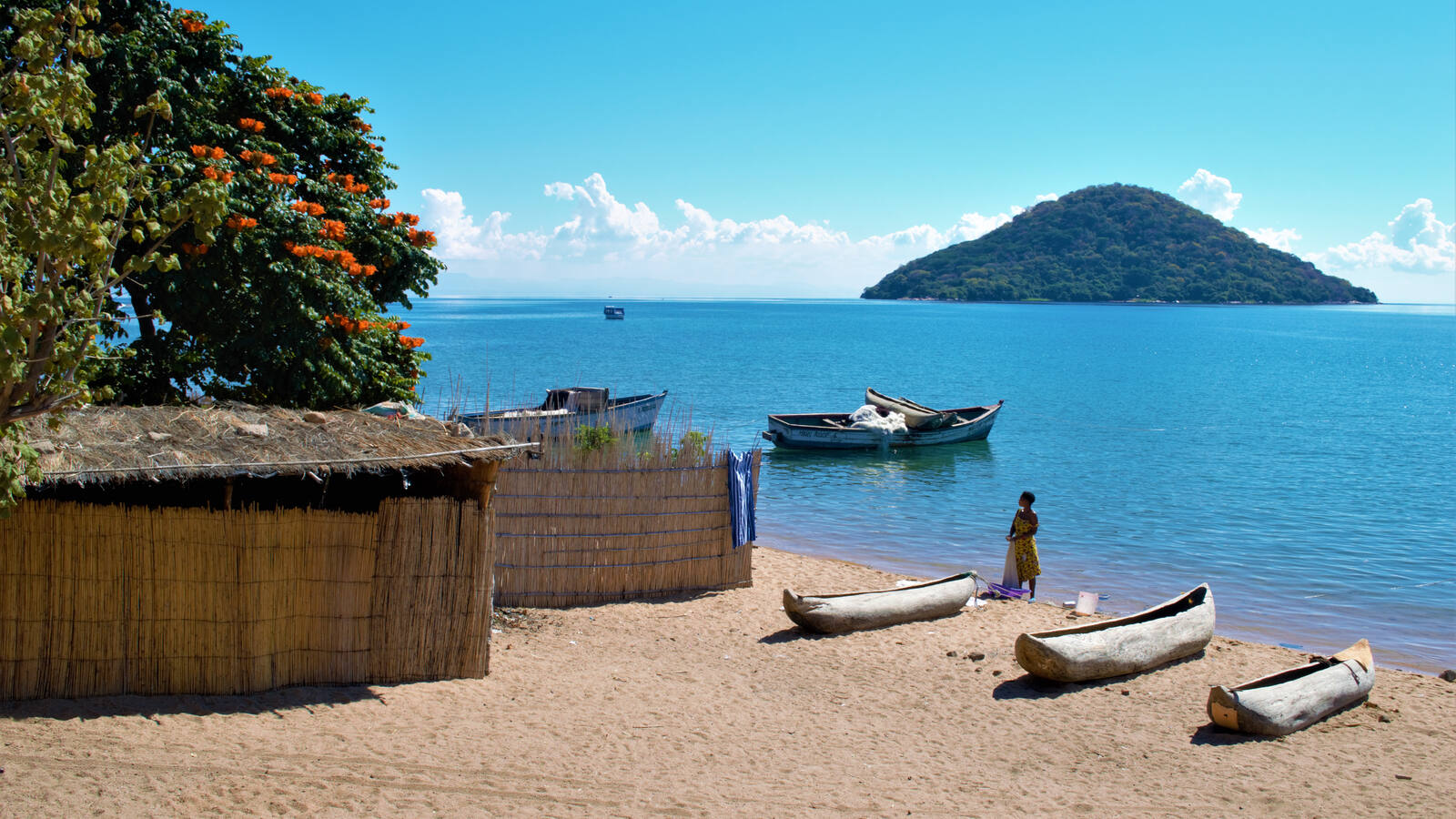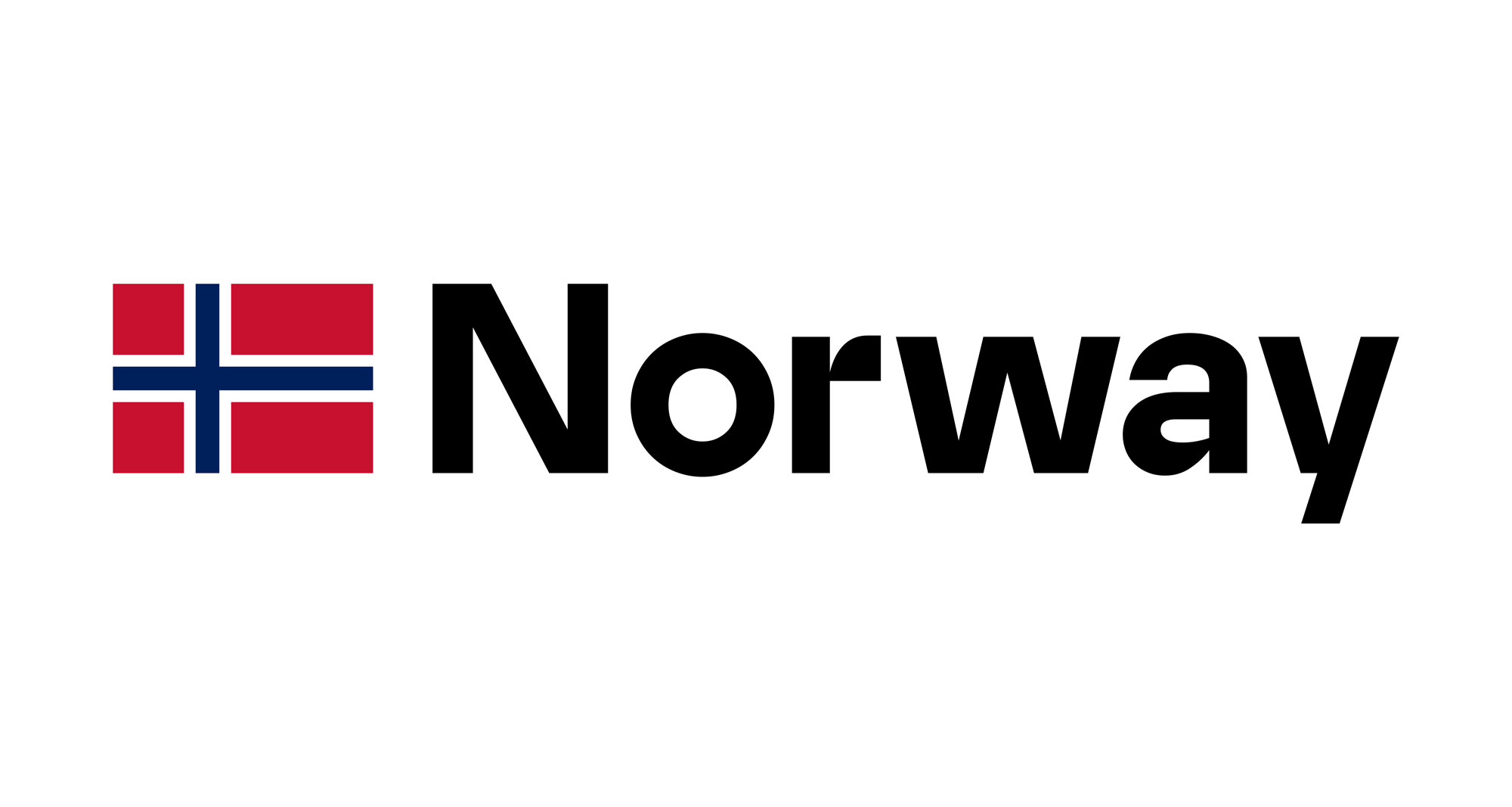Located at the southern end of the great expanse of Lake Malawi, with its deep, clear waters and mountain backdrop, the national park is home to many hundreds of fish species, nearly all endemic. Its importance for the study of evolution is comparable to that of the finches of the Galapagos Islands.
Lake Malawi National Park UNESCO World Heritage site was established in 1980 and designated as a World Heritage site in 1984 for its natural beauty (criterion vii) and outstanding biodiversity values, notably due to its value to science as a remarkable example of biological evolution (criterion ix) and exceptional diversity of its freshwater fishes (criterion x).
This rich and unique lake ecosystem is increasingly threatened by human activities, such as overfishing and land-use change. The situation is exacerbated by Malawi’s challenging socio-economic situation marked by persistent poverty and population growth. Several fish species are now classified as critically endangered on the IUCN Red List and many more are threatened – an indicator of the poor health of the lake’s biodiversity. At the same time, local people depend on the natural resources for their food security, wellbeing and livelihoods.
Objectives
Lake Malawi National Park is a unique protected area in Malawi that has village communities inside. Resources to manage the national park effectively are limited, while an increasing human population depends on the fisheries for their livelihoods, often relying on unsustainable fishing practices. This has led to the deterioration of the Lake Malawi’s natural values, as noted by the World Heritage Committee and the 2014 Reactive Monitoring mission.
Protection the Lake Malawi National Park UNESCO World Heritage site remains a global priority, while it is important to support sustainable development options for the local communities.
The project aims at improving the state of conservation of the Lake Malawi National Park, through the following actions:
- Sustainable co-management of the fish resources as a key livelihood and heritage asset, in partnership with the local communities
- Enhanced capacity of the management authorities, community-based Beach Village Committees and Village Natural Resource Committee to support effective conservation.
- Communities are empowered to enforce bylaws that support conservation of fish breeding areas and sustainable fishing practices in the region.
- Fish monitoring is improved and capacity of the management authority to conduct ecological monitoring is enhanced with the support of research institutions.
- Improved working relationships among partners, including the Malawi Department of Parks and Wildlife, Department of Fisheries, non-governmental and community-based organisations and research institutions
Activity report
- In September 2020, the Department of Parks and Wildlife responsible for the management of Lake Malawi National Park undertook a scoping mission together with an NGO Ripple Africa, specialised in community-based activities that support sustainable fishing in Lake Malawi. The mission resulted in an analysis of the park’s conservation situation and made recommendations on the required management actions in response to the various threats and challenges facing the property. The mission report is available here.
- Based on the outcomes of the scoping mission, the project partners developed a detailed project plan. In this project which started in August 2021, Ripple Africa works in partnership with Mangochi and Salima District Fisheries Departments and with the Department of National Parks to introduce effective community led fisheries management to protect cichlid fish species both in the Lake Malawi National Park World Heritage site and in the buffer zone around it. The project relies on Ripple Africa’s Fish for Tomorrow –programme to empower fishing communities to enforce existing conservation bylaws. The project also supports underwater ecological surveys of the protected area in cooperation with the University of Malawi.
- The project is a continuation of UNESCO’s ongoing support to Lake Malawi National Park. In 2015, the UNESCO World Heritage Sustainable Tourism programme supported the development of a sustainable tourism strategy for the property (Flanders Funds-in-Trust). In 2017, the State Party of Malawi received International Assistance from the World Heritage Fund to update the National Park management plan and establish a fish monitoring protocol. In 2019, UNESCO supported implementation of key activities of the management plan, including boundary demarcation and alternative livelihoods (Netherlands Funds-in-Trust).
Sustainable development
The project addresses the following Sustainable Development Goals:
1 End Poverty – improving income security for those who rely on fishing and tourism for their livelihood by ensuring that fish are better protected, and numbers of endangered species increase. This will benefit fishers, their families and those who service the fishing industry, including women – the main fish sellers. It will also impact tourist lodges and those who rely on tourism for their livelihoods.
11: Target 11.4 “Strengthen efforts to protect and safeguard the world’s cultural and natural heritage.” – The project contributes to the heritage target by supporting the protection of the fish species and diversity, the outstanding universal value of which is characteristic to the Lake Malawi National Park World Heritage site.
14: Life below water, especially target 14.4 on sustainable fishing – the project will improve life below water in Lake Malawi through amending and enforcing fish conservation by-laws and encouraging sustainable fishing practices. This supports biodiversity conservation but also contributes to fisheries-based local economy, as healthy lake ecosystem is also more productive.
15: Target 15.1 “By 2020, ensure the conservation, restoration and sustainable use of terrestrial and inland freshwater ecosystems and their services, in particular forests, wetlands, mountains and drylands, in line with obligations under international agreements.” – The project contributes to conservation of the lake ecosystem and the lake’s biodiversity, supporting effective implementation of the World Heritage Convention.
17: Partnerships for the goals – building the capacity of Fisheries and Parks and Wildlife, supporting them with resources, skills and expertise, as well as working closely with them to protect Lake Malawi’s fish resources in the National Park and surrounding area.
The project supports also Malawi’s National Biodiversity Strategy and Action Plan as follows:
Target 4: integrating biodiversity values into national, sectoral and local development policies and plans, by the enforcement of local bylaws through partnership between relevant stakeholders.
Target 7: managing aquatic biodiversity through harvesting within ecological limits – by restricting fishing activity within the protected areas and enforcing fishing bylaws.
Target 11: minimising anthropogenic pressures on the vulnerable lake ecosystems by protecting key cichlid breeding areas and minimising damage caused by drag nets and trawlers
Target 12: increasing mesh sizes and protecting key breeding areas will help prevent extinction of known threatened species
Target 15: ensuring important ecosystems are safeguarded and restored. The project empowers members of fishing communities in Mangochi to take ownership of their fish resource, diversify their livelihoods and manage fish stocks sustainably.
Furthermore, the project is supportive of the strategic objectives of the World Heritage Convention, notably the “5 Cs” and the objectives that relate to the engagement of local communities in management and conservation of World Heritage sites, as well as conservation of natural heritage of outstanding universal value. The project is also supportive of the World Heritage policy on sustainable development, by seeking to ensure the protection of the ecosystem benefits that World Heritage sites provide and sharing of benefits arising from the conservation of World Heritage sites, supportive of people’s wellbeing.
Partners
Malawi Department of Parks and Wildlife, Malawi Department of Fisheries, Malawi National Commission for UNESCO and University of Malawi, Chancellor College, Ripple Africa, Government of Norway
Decisions / Resolutions (1)
The World Heritage Committee,
- Having examined Document WHC/18/42.COM/7B.Add,
- Recalling Decisions 38 COM 7B.92 and 40 COM 7B.81, adopted at its 38th (Doha, 2014) and 40th (Istanbul/UNESCO, 2016) sessions respectively,
- While welcoming the State Party’s efforts for the property’s conservation and the implementation of the 2014 mission recommendations and acknowledging the State Party’s assurance that the property’s Outstanding Universal Value (OUV) is maintained and that the policy framework for protection is strong, requests the State Party to provide up-to-date monitoring data and detailed information on management activities and any recent and planned constructions, including clarification regarding whether or not the overhead power line is a new construction, in order to enable an informed assessment of the property’s current state of conservation;
- Welcomes the progress to update the property’s management plan and to establish a fish monitoring protocol with support from the World Heritage Fund, and also requests the State Party to take this opportunity to identify and reinforce the required management responses to the various threats faced by the property, including the growing population pressure inside the property, and to ensure continued close cooperation between the park, communities, and the competent research and government institutions;
- Further requests the State Party to examine, in consultation with the States Parties of Mozambique and the United Republic of Tanzania, the feasibility of establishing a buffer zone and extending the boundaries of the property to strengthen its integrity;
- Reiterating its position that oil, gas and mineral exploration and exploitation are incompatible with World Heritage status, reiterates its utmost concern over oil exploration activities in the lake, which pose a potentially severe risk to the OUV of the property including its conditions of integrity, and urges the State Party to confirm by 1 February 2019 the status of any oil exploration permits and activities, and reiterates its call on the companies Surestream and RAKGAS, which have been granted oil exploration concessions on the lake, to make a commitment to neither exploit nor explore for oil or gas in World Heritage properties;
- Reiterates its request to undertake Environmental Impact Assessments (EIAs) in conformity with IUCN’s World Heritage Advice Note on Environmental Assessment, on all development projects, including for oil exploration outside the property’s boundaries and any infrastructure and tourism developments that may impact on the property’s OUV, and submit them to the World Heritage Centre for review by IUCN as soon as available, and prior to making any decisions that would be difficult to reverse, in accordance with paragraph 172 of the Operational Guidelines;
- Requests furthermore the State Party to submit to the World Heritage Centre, by 1 December 2019, a report on the state of conservation of the property and the implementation of the above, for examination by the World Heritage Committee at its 44th session in 2020.


